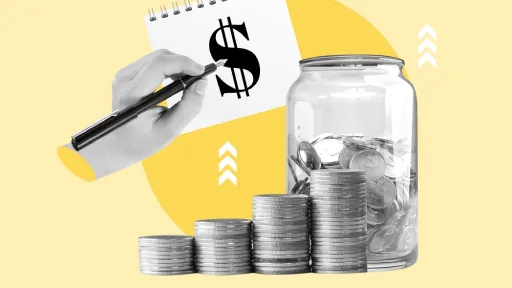Understanding how long does it take to get a 700 credit score is crucial in today’s financial landscape where creditworthiness impacts everything from loan approvals to interest rates. Whether you are rebuilding credit or just starting out, knowing what it takes to achieve and maintain a 700 credit score can pave the way for better financial opportunities and stability.
How Long Does It Take to Get a 700 Credit Score?
The time required to reach a 700 credit score varies depending on your current credit standing, credit history, and financial habits. Typically, achieving a 700 score can take anywhere from several months to a few years. Here’s why it isn’t an overnight process and what influences the timeline.
Factors Affecting the Timeline
- Starting Point: If you have a thin credit file or bad credit, it will generally take longer than if you already have a solid credit history.
- Credit History Length: Credit bureaus favor a longer, positive credit history. Those starting fresh may require more time to build this foundation.
- Payment History: Consistent on-time payments boost your score faster.
- Credit Utilization: Keeping your credit utilization below 30% signals good credit management.
- New Credit Inquiries: Frequent applications for new credit can slow progress.
Typical Timeframes to Reach a 700 Credit Score
- Starting with no credit: 12 to 24 months of responsible credit use.
- Starting with fair credit (around 600): 6 to 12 months with good habits.
- Recovering from bad credit: At least 12 months of error correction and positive activity.
Steps to Accelerate Getting a 700 Credit Score
While the journey varies, you can take concrete steps to speed up reaching a 700 credit score.
1. Pay Bills on Time
Payment history is the most significant factor in credit scores, comprising about 35%. Always paying bills by their due date helps build a reliable credit profile.
2. Reduce Credit Card Balances
Keeping your credit utilization ratio low (ideally under 30%) signals financial responsibility and positively impacts your credit score.
3. Limit Hard Inquiries
Applying for multiple credit products can temporarily lower your score. Only seek new credit when necessary.
4. Maintain Old Accounts
Length of credit history is important. Keep older accounts open and in good standing to enhance your score.
5. Diversify Credit Types
Having a mix of credit types—like installment loans and revolving credit—can improve your score over time.
Common Misconceptions About Credit Scores
Many people misunderstand how quickly they can change their credit scores. Here are some facts:
- Checking your own credit score won’t hurt it. Unlike hard inquiries, soft inquiries do not affect your credit.
- Closing credit cards can sometimes lower your score. Because it reduces available credit and shortens credit history.
- Paying off collections doesn’t always immediately boost your score. But over time, it helps build a better profile.
Why a 700 Credit Score Matters
Reaching a 700 credit score is often seen as a key financial milestone. This score range generally opens the door to:
- Lower interest rates on mortgages, auto loans, and credit cards.
- Better approval odds for new credit applications.
- Access to premium credit products and rewards.
- Insurance discounts and other financial perks.
In today’s competitive financial environment, understanding how long does it take to get a 700 credit score—and actively working to reach it—can significantly improve your financial health and opportunities.
Summary
How long does it take to get a 700 credit score? It depends on your starting point and credit behaviors, typically ranging from several months to a few years. By focusing on timely payments, reducing debts, and managing credit responsibly, you can reach this important threshold faster and unlock better financial benefits.


